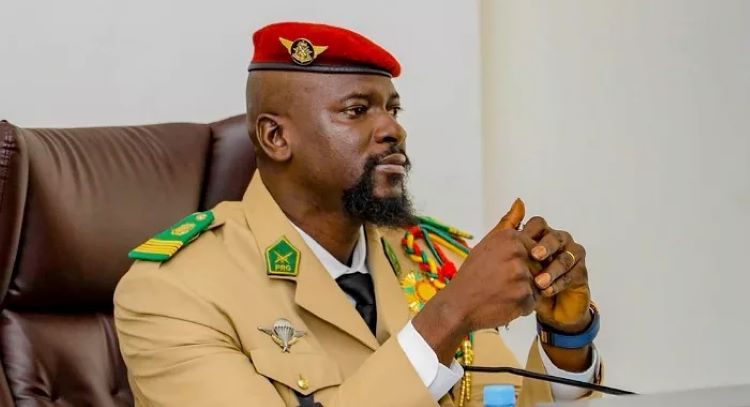Gambiaj.com – In a significant blow to press freedom, Guinean authorities have illegally ordered the withdrawal of operating licenses for four radio stations and two private television stations, despite prior commitments to protect media independence. Reporters Without Borders (RSF) has strongly condemned this decision and urged the Economic Community of West African States (ECOWAS) to intervene.
In a disturbing reversal, the Minister of Information and Communication, Fana Soumah, who had previously assured RSF of a dialogue to resolve the media crisis, signed a decree on May 21 ordering the shutdown of Djoma TV, Djoma FM, Espace FM, Espace TV, Sweet FM, and FIM FM. The following day, the Post and Telecommunications Regulatory Authority (ARPT) demanded these outlets dismantle their installations.
Since late November 2023, the signals of Espace FM, Djoma FM, FIM FM, and Évasion FM have been jammed, likely by the ARPT. Additionally, Espace TV, Djoma TV, and Évasion TV were removed from Canal+ and StarTimes packages in December under the pretext of “national security.”
On May 24, the government justified its actions by accusing certain media outlets of failing in their responsibilities and violating press freedom laws and the Code of Good Conduct for Journalists. However, the censored media outlets, known for their free and critical editorial lines, have contested these claims and filed appeals to annul the decision and seek intervention from the High Authority of Communication (HAC).
The situation escalated on June 12 when HAC members accused the targeted media of accepting money from the military junta, an allegation vehemently denied by the media directors. These accusations have led to the suspension of the HAC members involved.
RSF’s Director for sub-Saharan Africa, Sadibou Marong, decried the media crackdown, highlighting its severe impact on journalists and citizens’ right to information. Marong called on ECOWAS to pressure the Guinean authorities to end their harassment of the media and protect journalism in the country.
The decree’s legality is questionable, as it contradicts the HAC’s organic law, which mandates that license withdrawals must be decided by the HAC. Furthermore, the ARPT’s immediate withdrawal of frequencies violates the telecommunications law requiring a six-month notice.
The Union of Private Press Professionals (SPPG) reported that the crackdown resulted in over 700 job losses. Fundraising efforts have been initiated to support the affected employees.
The climate for journalists in Guinea has grown increasingly hostile. Sékou Jamal Pendessa, SPPG’s secretary general, has faced threats, including an alleged plot to kidnap him. FIM FM’s deputy director, Ibrahima Sory Lincoln Soumah, reported being followed and threatened, while Espace FM’s director, Mohamed Mara, and other media professionals have also received death threats.
This crackdown signifies a troubling shift away from media freedom in Guinea, with authorities silencing critical voices and undermining the public’s right to diverse information. The international community’s response, particularly from ECOWAS, will be crucial in addressing this escalating repression.










